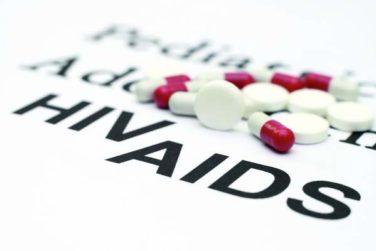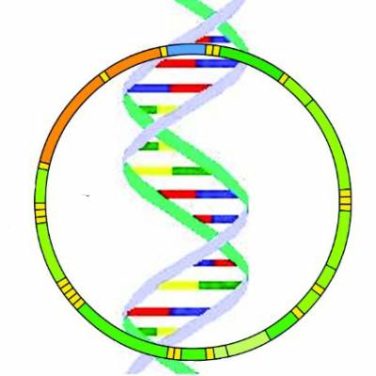FROM JCEM
Growth hormone treatment does not increase the likelihood of cancer in children who aren’t at risk for it, but it may increase the risk in children who are predisposed to malignancy, according to a literature review from the Pediatric Endocrine Society published online April 3 in the Journal of Clinical Endocrinology & Metabolism.
CNS tumors, leukemia, and other cancers have been a concern with growth hormone (GH) treatment for years. GH and insulinlike growth factor I (IGF-I) – which GH stimulates – affect tumor growth in vitro, and some studies have found associations with pediatric tumors, while others have not.
To get a sense of the overall direction of the literature, the investigators reviewed decades of studies and reports on PubMed. They found that “in children without prior cancer or known risk factors for developing cancer, the clinical evidence does not affirm an association between GH therapy during childhood and neoplasia.” In those children, “GH therapy can be safely administered without concerns about an increased risk for neoplasia,” said Dr. Sripriya Raman of the University of Kansas Medical Center in Kansas City, Mo., and associates (J. Clin. Endocrinol. Metab. 2015 April 3 [ doi:10.1210/jc.2015-1002 ]).
They cautioned, however, that most of the investigations to date have been “postmarketing surveillance studies lacking rigorous controls.”
A different story emerged in children with genetic or other predispositions to cancer; in them GH might increase the neoplasia risk. When that’s a concern, children “should be critically analyzed on an individual basis, and if [GH is] chosen, appropriate surveillance for malignancies should be undertaken. GH treatment of pediatric cancer survivors does not appear to increase the risk of recurrence, but may increase their risk for subsequent primary neoplasms. Patients and caregivers should be informed that there may be an increase in the risk,” the investigators said.
In children recovering from malignancies, they noted that “no studies specifically address how long one should wait between completion of cancer therapy and initiation of GH treatment. Clinical guidelines from the Pediatric Endocrine Society and expert opinion … suggest waiting 1 year after cancer treatment is complete to ensure that there is not an early cancer recurrence. … Other factors to consider when deciding the timing of GH therapy include the chronological and skeletal ages, pubertal status, current height, primary tumor type, overall oncologic prognosis, risk of relapse, and the goals of the patient and caregivers.”
Also, “as most of the cancers associated with acromegaly and/or high GH/IGF-I levels are cancers seen predominantly in adults, long-term studies are needed to determine if treatment with rhGH [recombinant human GH] in childhood is associated with an increased risk for the common adult cancers.”
The team also noted that “there are insufficient data in children to support the practice of titrating rhGH doses to normalize IGF-I levels as a means to modify the risk of malignancy. However, in patients who are treated with rhGH for GH deficiency, it may be reasonable to attempt to maintain age- and Tanner stage–appropriate levels of IGF-I in children undergoing treatment with rhGH; the potential risks conferred by titrating to higher levels are not well defined. This practice has also been proposed for the management of idiopathic short stature and small-for-gestational-age patients, although evidence that this practice improves safety outcomes is not available.”
One of the authors, Dr. Bradley Miller of the University of Minnesota Masonic Children’s Hospital in Minneapolis, is a consultant for Alexion, BioMarin, Endo Pharmaceuticals, Genentech, Ipsen, Novo Nordisk, and Sandoz and has received research support from Abbvie, Eli Lilly, Endo Pharmaceuticals, Genentech, Ipsen, Pfizer, Sandoz, Versartis, and Novo Nordisk. Most of the companies have growth hormone products. Dr. Charles Sklar of Memorial Sloan Kettering Cancer Center in Manhattan, reported honorarium from Sandoz, makers of the GH product Omnitrope. The other authors have no disclosures.




